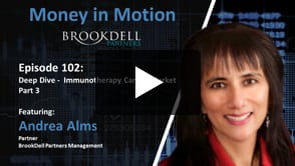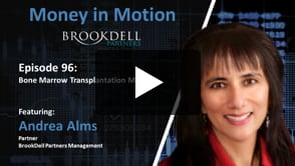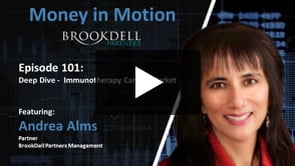Private Equity Dashboard:
Top Private Equity News, Member Posts, Managed Futures Daily Indices and more!
Scott Lenet Contributor Share on Twitter Scott Lenet is president of Touchdown Ventures. More posts by this contributor
I’m frequently asked by journalists whether I think venture capital valuations are too high in the current environment.
Because the average venture capital fund returns only 1.3x committed capital over the course of a decade, according to the last reported data from Cambridge Associates, and 1.5x, according to PitchBook, I believe the answer is a resounding “yes.”
So when entrepreneurs use unicorn aspirations to pump private company valuations, how can investors plan for a decent return?
At the growth stage, we can easily apply traditional financial metrics to venture capital valuations. By definition, everything is fairly predictable, so price-to-revenue and industry multiples make for easy math.
For starters, venture capitalists need to stop engaging in self-delusion about why a valuation that is too high might be OK.
But at the seed and early stages, when forecasting is nearly impossible, what tools can investors apply to make pricing objective, disciplined and fair for both sides?
For starters, venture capitalists need to stop engaging in self-delusion about why a valuation that is too high might be OK. Here are three common lies we tell ourselves as investors to rationalize a potentially undisciplined valuation decision.
Lie 1 : The devil made me do it
If a big-name VC thinks the price is OK, it must be a good deal, right?
Wrong.
While the lead investor who set the price may be experienced, there are many reasons why the price she set may not be justified. The lead may be an “inside” investor already, committing small amounts or — believe it or not — simply not care.
Insiders are investors who have previously placed capital in the startup. They face a conflict of interest because they are rooting for the success of the startup and generally want the company’s stock price to keep growing to show momentum.
This is one of the reasons why many venture capitalists prefer not to lead subsequent rounds: Pricing decisions can no longer be objective because investors are effectively on both sides of the table at the same time.
Inside-led rounds happen all the time for good reasons — including making a funding process fast so that management can focus on building the business — but because these decisions are not at arm’s length, they cannot be trusted as an objective indicator of market value. Only a test of the open market or an independent third-party valuation can accomplish this goal.
It’s also the case that a relatively small investment can relax pricing discipline in some firms. If a funding amount represents 1% of the fund size or less, it’s possible that the VC team may view the investment as “putting a marker down” and not worry about whether the price offers an attractive multiple. For this reason, it’s a good idea to check the lead investor’s check size against the overall size of the firm’s latest fund.
There are other reasons why investors may not care about the valuation. Some VCs are “logo hunters” who just want to be able to say they were investors in a particular company. If you outsource valuation discipline to a lead investor who doesn’t value financial results, your own returns may suffer.
Lie 2: We are getting a deal because the price is flat from the last round
If the last round valuation was $50 million and the current round valuation is about the same, we tell ourselves it’s gotta be a good deal.
Again, this is faulty thinking, because the last round’s price might have been too high.
Today's Private Equity Headlines:
Access Over 250K+ Industry Headlines, Posts and Updates
Join AlphaMaven
The Premier Alternative Investment
Research and Due Diligence Platform for Investors
Free Membership for Qualified Investors and Industry Participants
- Easily Customize Content to Match Your Investment Preferences
- Breaking News 24/7/365
- Daily Newsletter & Indices
- Alternative Investment Listings & LeaderBoards
- Industry Research, Due Diligence, Videos, Webinars, Events, Press Releases, Market Commentary, Newsletters, Fact Sheets, Presentations, Investment Mandates, Video PitchBooks & More!
- Company Directory
- Contact Directory
- Member Posts & Publications
- Alpha University Video Series to Expand Investor Knowledge
- AUM Accelerator Program (designed for investment managers)
- Over 450K+ Industry Headlines, Posts and Updates









